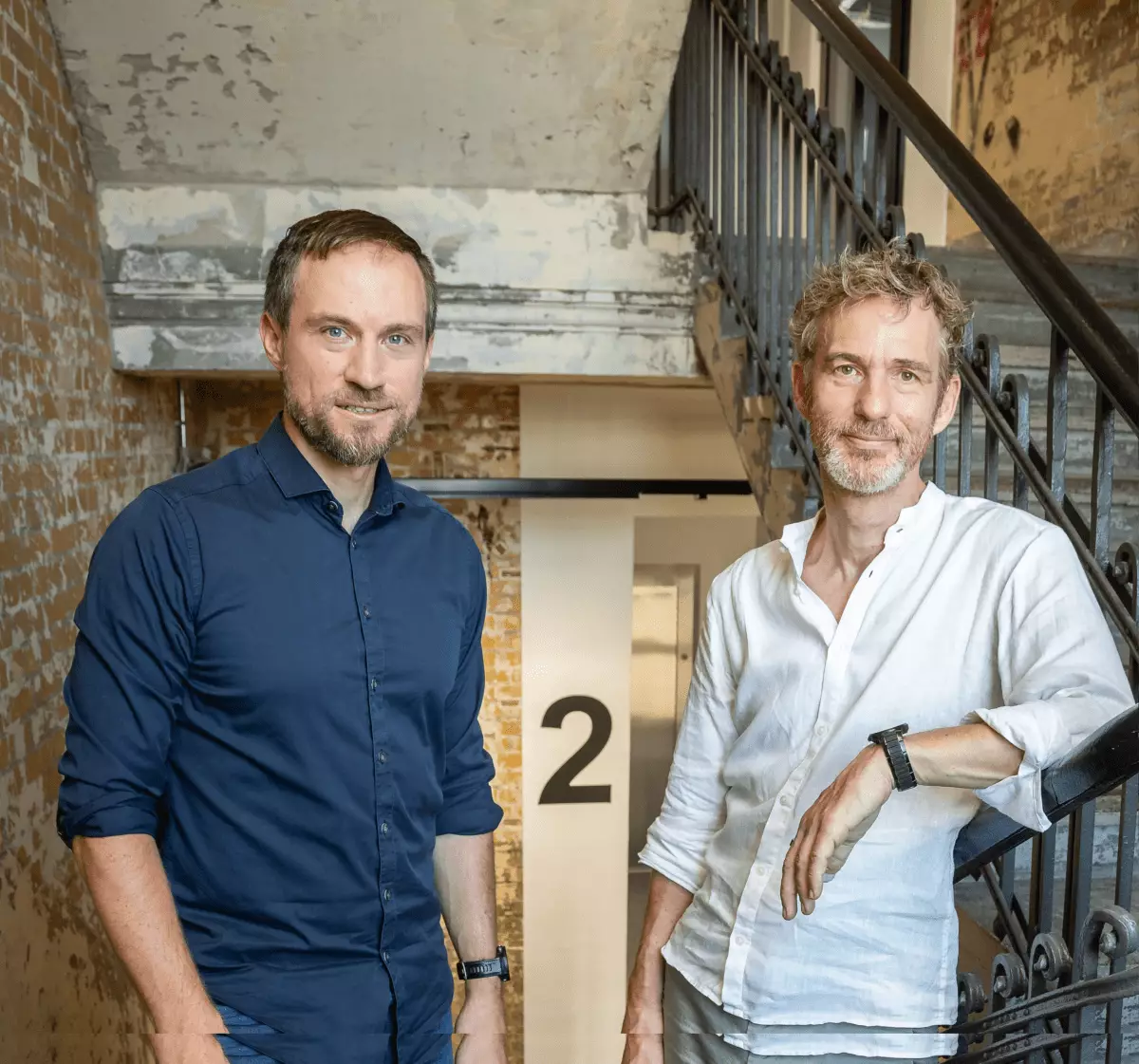The recent announcement regarding the shift in leadership at Babbel marks a significant juncture for the Berlin-based language learning platform. After five years at the helm as CEO, Arne Schepker has opted not to renew his contract, paving the way for co-founder Markus Witte to return to a leadership role. This transitional phase signifies not only a change at the top but also a strategic realignment for Babbel as it navigates the complex landscape of language education in an era increasingly shaped by artificial intelligence (AI).
Arne Schepker’s departure introduces a new dynamic to Babbel’s management. Having served as the Chief Marketing Officer before ascending to the CEO position, Schepker’s tenure involved significant milestones that witnessed the company’s revenue skyrocket to around $300 million, underscoring the success of its language learning model. However, his recent reflections reveal a sense of fatigue and disconnection with the routine administrative tasks that often accompany executive roles, such as budget iterations and objectives-setting.
Schepker’s candid acknowledgment of his inability to commit fully—suggesting that effective leadership demands an intensity beyond 100%—illustrates a growing trend among executives reevaluating the demands of corporate leadership in today’s world. His decision seems rooted in a profound understanding that the role requires not just skill but also a fervent passion, raising essential questions about work-life balance and sustainable leadership practices.
Markus Witte’s comeback as executive chairman and managing director infuses the company with a renewed sense of stability and vision. He holds a unique position as the founder who has witnessed the evolution of Babbel from its inception. By stepping back into a leadership role, Witte brings his historical knowledge and foundational insights to bear at a crucial time.
His leadership during this period of transformation will be critical, as the company grapples with the opportunities presented by AI. Witte’s understanding of Babbel’s core mission—to foster human connection through language learning—will be indispensable in steering the company towards utilizing AI while retaining its human touch. His approach suggests an awareness that while technology can enhance learning, the essence of language education remains inherently personal.
AI’s potential to reshape education, particularly in language learning, cannot be understated. While Babbel has historically emphasized its expert-driven approach, Witte highlighted the need to embrace AI as an integral tool in the learning process. The challenging nature of predicting AI’s trajectory poses both an opportunity and a risk, suggesting that agility will be paramount for the company moving forward.
Babbel previously utilized machine learning discreetly to enhance its offerings but has now recognized the imperative to rethink its strategy to stay relevant amid rapid technological advancements. This acknowledgment points towards a new model of integration where AI does not overshadow the human elements of learning, but rather complements and enhances them. Witte’s vision seeks a balance that not only incorporates advanced AI systems but also underscores the cultural and emotional nuances of language.
Both Schepker and Witte emphasize that the fundamental challenge remains rooted in human language acquisition. They acknowledge that despite advancements, genuine communication transcends mere vocabulary and grammar; it involves emotional connection, understanding, and relatability. This notion of human connection is central to Babbel’s ongoing mission, emphasizing that despite the changing landscape, the goal remains to facilitate meaningful interactions among learners.
The new leadership’s strategy seems poised to leverage AI’s power while focusing on a rich, personalized learning experience. Witte’s remark about creating “moments of delight” for both employees and users epitomizes this ambition. The notion suggests a holistic approach whereby learning is not just effective, but also enjoyable and enriching.
As Babbel embarks on this next chapter, the interplay of leadership change, the embrace of AI technology, and a recommitment to the human components of language learning presents both challenges and opportunities. The combined experiences of Schepker and Witte create a narrative of thoughtful transition, emphasizing a balance between innovation and tradition.
The lessons learned from this pivotal moment in Babbel’s journey may serve as a valuable case study for other organizations navigating similar crossroads. In a world where digital transformation is ever-present, keeping the human essence of learning at the forefront will be essential to not only meet users’ evolving needs but also to positively impact their lives through meaningful language engagement.

